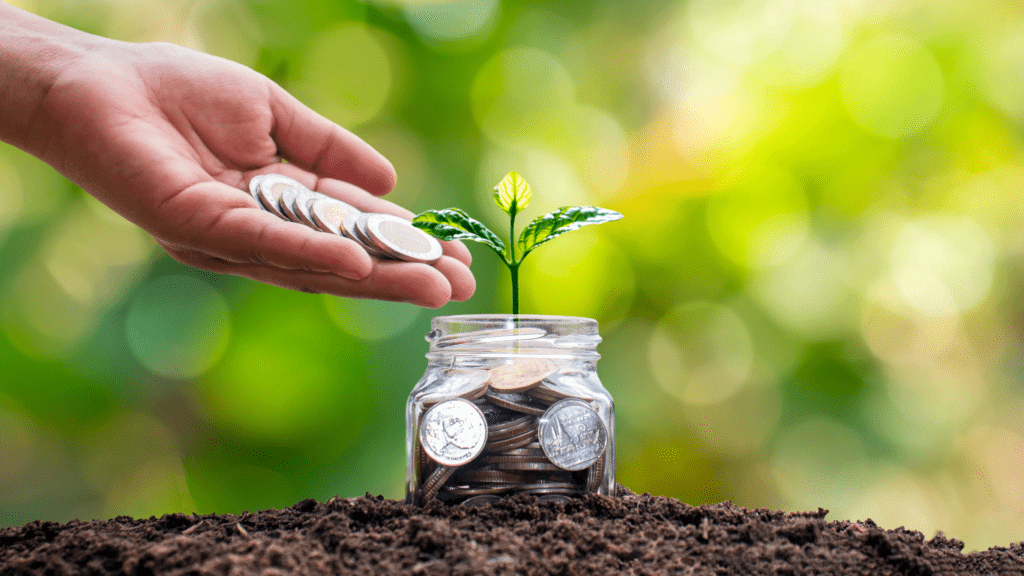Gardens are more than just patches of green—they’re living, breathing intersections of beauty, health, and sustainability. Whether in a backyard, city corner, or schoolyard, gardens offer benefits that stretch far beyond aesthetics. If you’ve ever wondered why gardens are important kdagardenation, you’re not alone. For a deeper dive, don’t miss this overview of gardening’s role in well-being and sustainability.
Mental Health and Stress Relief
It’s hard to ignore the soothing effect of being surrounded by plants. Studies have shown that spending time in gardens reduces stress, anxiety, and even symptoms of depression. Working with soil—often called “horticultural therapy”—can act as a form of meditation. The process requires focus, patience, and rhythm, giving the mind a break from daily distractions.
There’s also something intrinsically healing about being close to life cycles, growth patterns, and the subtle changes of seasons. Whether you’re planting tulips or pulling weeds, engaging in garden activities sets up a consistent mindfulness practice without needing to hit “pause” on life.
Physical Health Boosts
Getting your hands dirty doesn’t just calm your mind—it moves your body. Gardening is a low-impact physical activity that includes bending, stretching, lifting, and digging. These simple actions help burn calories and improve muscle tone and flexibility. For older adults especially, moderate gardening can support mobility and balance, reducing the risk of falls.
On top of that, people who garden are statistically more likely to consume fruits and vegetables, especially if they’re growing their own. This leads to better vitamin intake, fewer processed foods, and more conscious eating habits overall.
Local Ecosystem Support
One of the critical aspects of why gardens are important kdagardenation lies in their ability to support local ecosystems. Gardens filled with diverse plant species offer habitat and food sources for a variety of organisms: bees, butterflies, birds, and even soil-enriching insects. This biodiversity strengthens the local environment and contributes to global conservation goals.
Moreover, a properly planned garden can help manage stormwater runoff, reduce heat through natural shading, and purify the air. This turns gardens into micro-environments that fight pollution and combat urban heat islands.
In many cities lacking green spaces, these small plots make a real environmental impact. Rain gardens, vertical greenery, and rooftop beds are becoming tools in urban sustainability efforts.
Educational Value
Gardens are classrooms without walls. From understanding where food comes from to lessons in biology, weather systems, and responsibility, gardens make learning tangible. Schools that incorporate gardening into their curriculum often see students more engaged in science and environmental studies.
Even outside academic settings, gardens teach real-life skills. Patience, observation, and problem-solving all come into play while tending to a garden. For children, it can provide valuable hands-on experience, and for adults, opportunities to experiment and refine technique.
Community Building and Food Security
Perhaps one of the most underrated aspects of gardens is how they foster community. Community gardens provide shared spaces where people from diverse backgrounds come together with a common goal. These spaces can become hubs for collaboration, trade, and social bonding.
Gardens can also address food insecurity by providing fresh produce in neighborhoods that lack grocery store access. Community-supported agriculture (CSA) and urban farms are examples of how gardening extends into social infrastructure, offering not just nutrition, but empowerment and resilience.
Climate Change Mitigation
When considering why gardens are important kdagardenation, it’s impossible to ignore their role in climate science. Gardens absorb carbon dioxide and reduce heat through evapotranspiration, naturally cooling surrounding areas.
In some cases, native plant gardens and permaculture designs are explicitly created to handle climate extremes like drought or heavy rain. Composting organic waste in gardens reduces landfill use and cuts down methane emissions.
Every small garden is a piece of the global climate solution puzzle. It’s not about growing everything you eat—it’s about growing something that makes everything else better.
Personal Expression and Creative Freedom
Gardens are also personal canvases. Whether it’s a lush jungle of patterns and colors or a minimalist herb setup, it’s a chance to create. Gardening allows you to design a space that reflects your values—sustainability, beauty, ritual, effort.
Creative experimentation is encouraged. Want to grow edible flowers or create a pollinator maze? Go for it. Interested in sustainable landscaping or Japanese rock gardens? That’s gardening, too.
This aspect often hooks people long-term. You’re not just maintaining a plot—you’re shaping your own evolving narrative.
Financial Benefits
If done right, gardens can lead to savings over time. Growing your own herbs, greens, or vegetables reduces trips to the store and lowers produce costs. Even a small balcony container garden can yield a steady supply of lettuce, mint, or cherry tomatoes.
Beyond the grocery list, gardens can raise property value and reduce utility costs if designed strategically. Trees and climbing vines help cool homes naturally, lessening the need for air-conditioning in warmer climates.
Final Takeaway
Revisiting why gardens are important kdagardenation, the picture is clear: gardens contribute across the board—mental clarity, physical health, ecological balance, social cohesion, and climate resilience. They aren’t decorative extras or weekend hobbies anymore. They’re practical, powerful tools for creating a more liveable world, one patch at a time.
You don’t need a big backyard or specialized skills to start. A few pots on a windowsill can be the gateway. The only mistake is underestimating the impact of growing something green.



